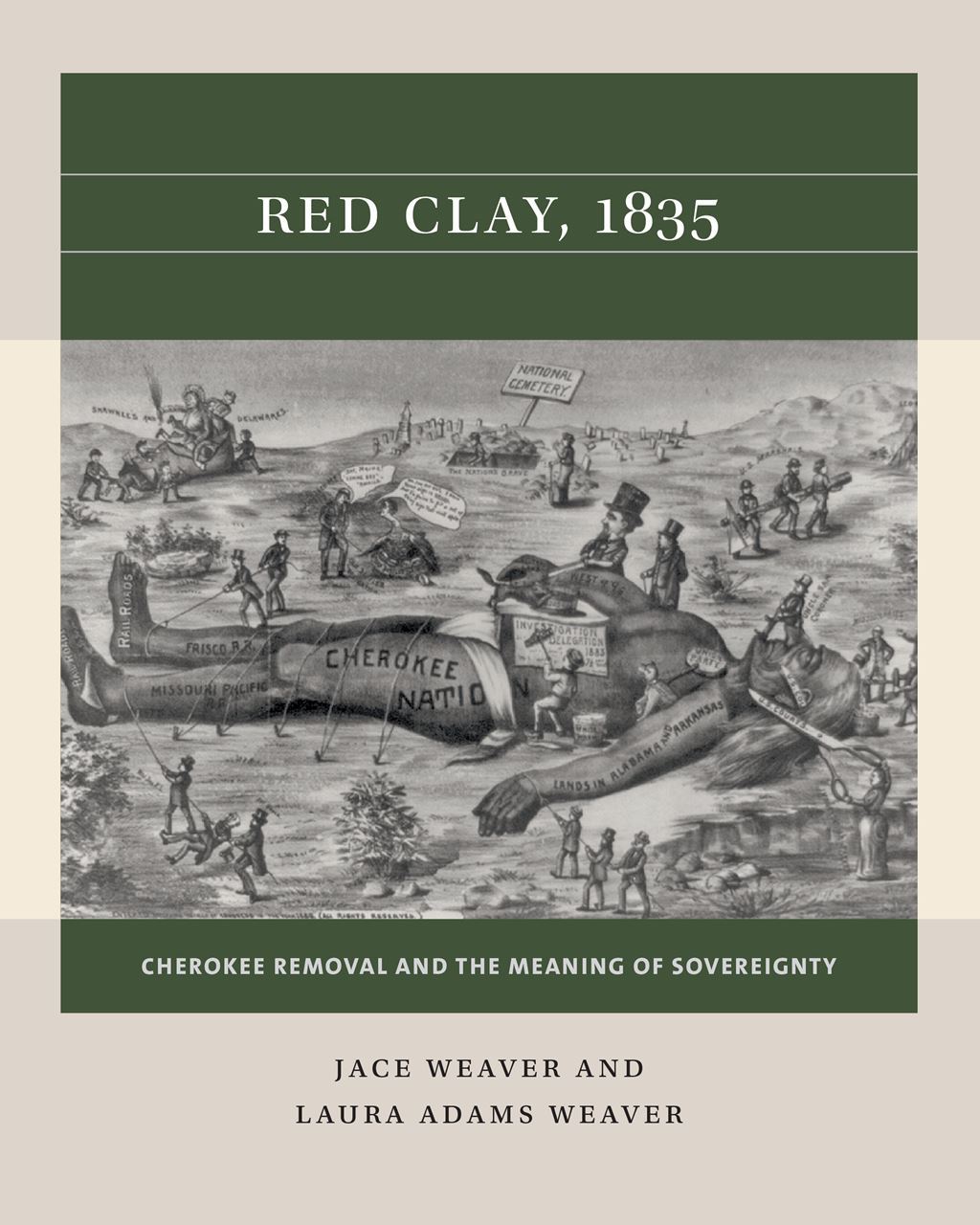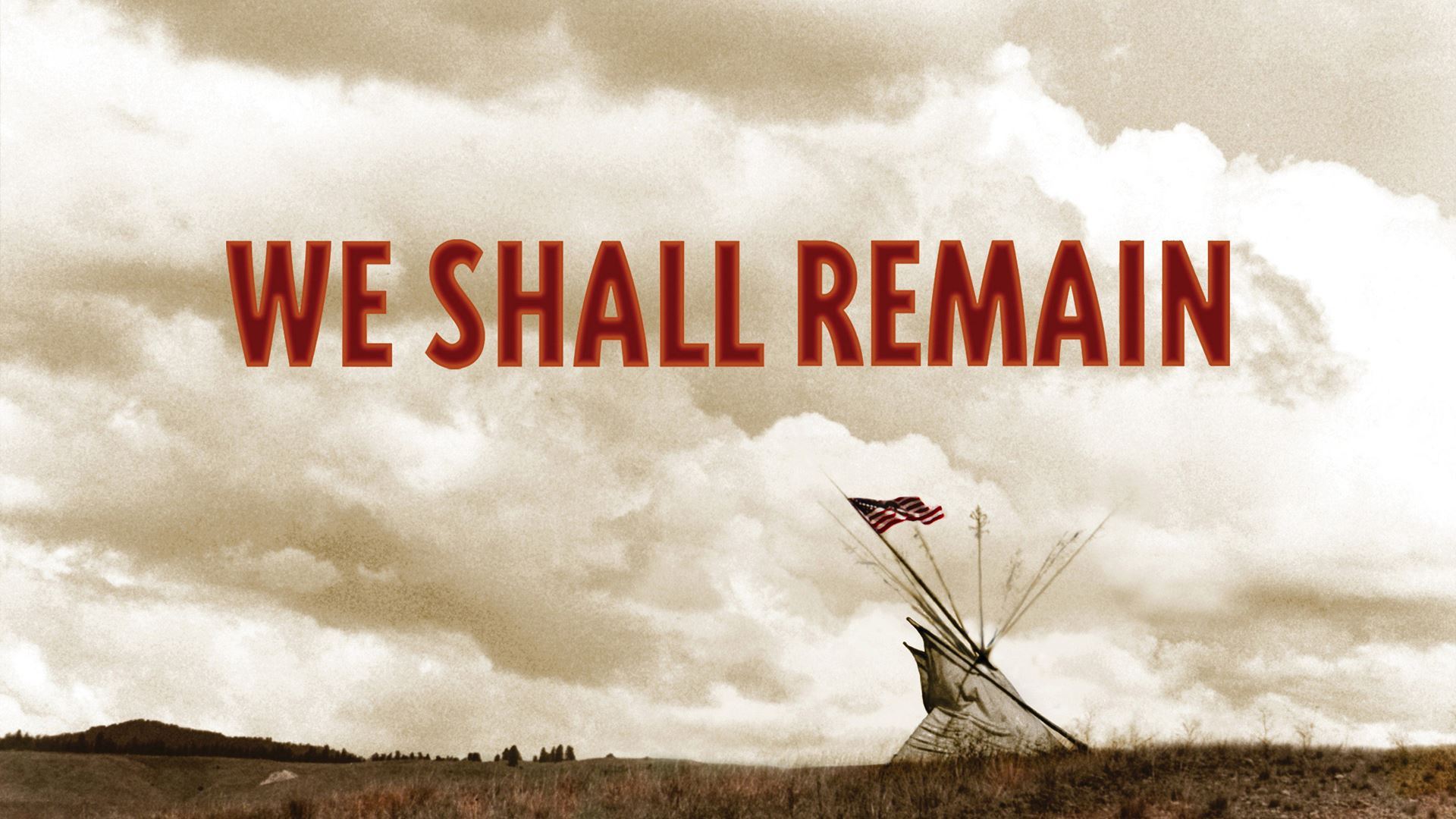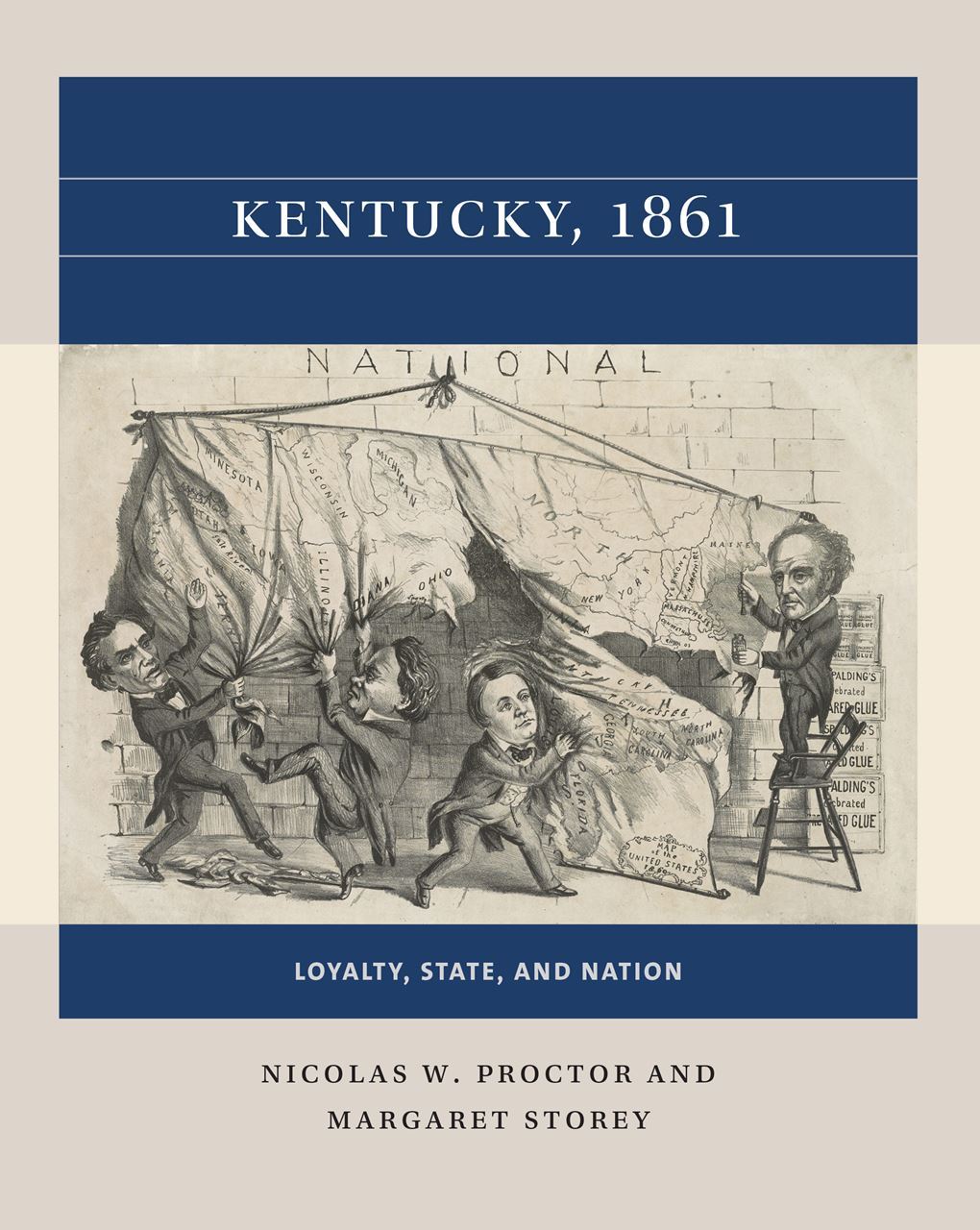 |
Indian Removal tested American democracy and would prove a brick in the road to Civil War. Red Clay, 1835: Cherokee Removal and the Meaning of Sovereignty focuses on American Indian removal from the American Southeast in the 1830s and events leading up to the Trail of Tears. In particular it focuses on a pivotal historical conference held in Red Clay, Tennessee in October 1835 at which the United States presented terms for a removal treaty a few months before the illegal Treaty of New Echota was signed. It deals not only with this too-little-known part of American history, but it also opens up other issues of the period (many of which have continuing relevance today), including westward expansion, race and the status of Native Americans within the framework of the United States, cultural change and assimilation of minorities, how one deals with social problems, and the sectional divide that eventually leads to the American Civil War. |
Details
|
Using the Game
Class Size and Scalability Class Time
|
 GAME MATERIALS
GAME MATERIALS
Confirmed instructors who are not yet members can access basic instructor materials. Reacting Consortium members can access all downloadable materials (including expanded and updated materials) below. You will be asked to sign in before downloading.
Gamebook Students need a Gamebook, which includes directions, resources, and historical content. The Red Clay, 1835 Gamebook is published by W. W. Norton. Paperback ISBN: 978-1-4696-7064-5 Published July 2022 Available wherever books are sold. | Role Sheets Students also need a Role Sheet, which contains biographical information, role-specific resources or assignments, and their character's secret victory objectives. .pdf file. | Instructor's Manual The Instructor's Manual includes guidance for assigning roles, presenting historical context, assignments, activities and discussion topics, and more. .docx file. |
Additional Resources
Resources for Introduction and/or Debrief
Download Pre-Game Reading Quiz Created by Lucy C. Barnhouse, September 2022 |
|
Jace Weaver
Jace Weaver is the Franklin Professor of Native American Studies at the University of Georgia. | Reacting and Related Titles
|
Laura Adams Weaver
Laura Adams Weaver is an instructor in English and Native American Studies at the University of Georgia.
|
Members can contact game authors directly if they have questions about using the game. We also invite instructors join our Facebook Faculty Lounge, where you'll find a wonderful community eager to help and answer questions.
|
|
|




